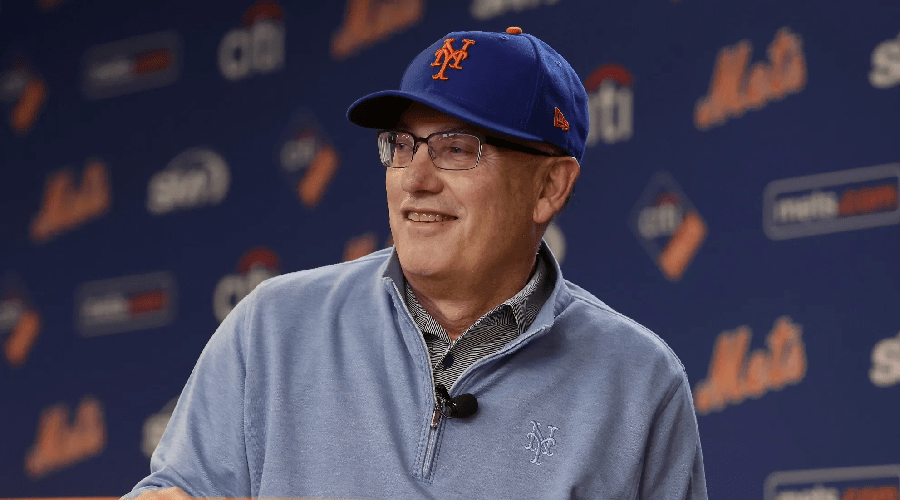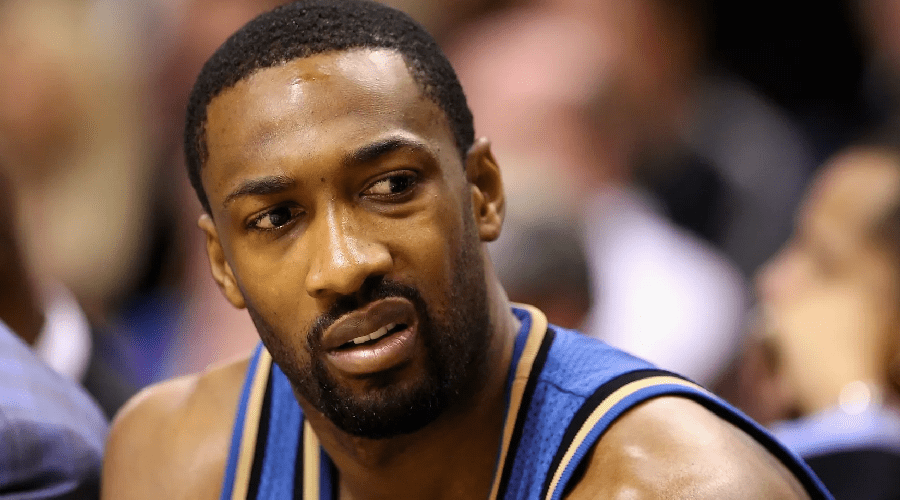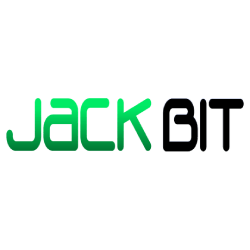Analysts like L&W's big bet on charitable games. Is this the start of a trend?
Light & Wonder (L&W), a global gaming company, bought Grover Gaming's charity gaming assets. This could be the first of many acquisitions in the industry.
Britain's Tote Group hires new top bosses.
A news release from Tuesday, February 18 said that L&W would pay $850 million (£675.5 million/£815.4 million) in cash at the start and have the option to earn up to $200 million every four years. The deal should go through in the second half of this year.
Analysts were positive about the news, and one said that L&W would be at the forefront of a new wave of deals.
Frank Fantini, who started Fantini Research and has been a game analyst for a long time, has been following L&W since the beginning. He thought that the growth of related industries like charitable games created new chances for the big players to get into a market early by buying well-known brands.
Fantini told iGB that it's possible for more "traditional, conventional game companies" to start buying up other local businesses like Grover. "I believe this is solely the start of many more acquisitions in that field," he said.
Analysts think the value will go up.
When it came to value, Fantini said that the 7.7x AEBITDA multiple was good, especially since there were still chances to cut costs and grow the business.
He said, "When you think that gaming tech companies probably sell at 10x EBITDA, it adds to their earnings right away." "It's a lower price than what their own stock is selling for." That means it's a slam dunk for them in that case.
Reactions in other places were also good. Their note was called "Finding their four leaf Grover" and they gave the stock a "outperform" rating.
Analysts said that LNW's purchase of Grover Gaming's Charitable Gaming Assets will help the company grow in the long run by allowing it to move into a new area. "In the short term, we are still sure that the $1.4bn EBITDA goal for 2025 can be reached even without this acquisition. This is because gaming is still going strong, igaming is growing by double digits, and SciPlay is still making good money." “We expect earnings to grow in all three verticals over the next three years, with a 13% EBITDA CAGR (ex-stock comp).”
"Big Bird, move over"
Barry Jonas of Truist Securities also wrote a note that was on trend. He called it "Move over Big Bird." Like Fantini, Jonas thought the price was "attractive" and pointed out the chances for growth that this would bring.
Jonas wrote, "LNW can use its content to reach new customers in the competitive charitable gaming market, thanks to the purchase of Grover Gaming's assets."
L&W said it paid for the purchase with cash on hand and new debt financing. The company still wants its net debt leverage ratio to stay in the goal range of 2.5x to 3.5x. The company is also sticking to its goal of achieving a combined AEBITDA of $1.4 billion by 2025.
According to the press release, Grover's founder Garrett Blackwelder will stay on as an advisor "to help drive the continued success of the business over the next three years." It made $135 million in sales and $111 million in AEBITDA in 2024, L&W said.
L&W will now be in charge of Grover's more than 10,000 rented electronic pull-tab machines. Its main office is in North Carolina, but it also does business in North Dakota, Ohio, Virginia, Kentucky, and New Hampshire.
Wilson: The deal is a big investment in games for good causes.
L&W CEO Matt Wilson made it clear on an investor call late Tuesday that his company is optimistic about the market for charity gaming. This year, legislative progress has again stalled, especially when it comes to online gambling. As a result, these established nearby areas are becoming more profitable and appealing.
Wilson told investors, "I think the most obvious way for us to drive the top-line growth of the Grover assets we own is to use our RND arsenal on the charitable gaming sector." "Take a look at L&W over the last few decades. We've spent billions of dollars on RND." All of these things are done in a lot of different studios: building great brands, game math, and new art. Our plan is to use that cannon straight on the market for charity.
Wilson said that Minnesota and Maryland are the next most important states for growth. He said that L&W had thought about going into the charity market on its own, but that it would be hard because their customers are spread out. More than 1,500 people buy from Grover in five states, while only 700 people buy from L&W in all of North America.
Wilson said, "It might have taken us five, six, or seven years to get to this level of scale if we had built it from scratch." "We can buy 10,000 units right away and then add our content on top of them."
Games for good causes and e-pull tabs
Just like the name suggests, charitable gaming is a way for most of the money made to go to local charities. In places that don't normally allow gaming, this type of expansion is seen as more acceptable. The kinds of games that can be played and the rules that govern the industry vary a lot from state to state. There are rules about which groups can run the games, but the industry has quietly grown into a big business chance.
As of now, Harbour Compliance says that all but Hawaii and Utah do not allow some form of charity gaming. Alabama, Maryland, Pennsylvania, South Dakota, Vermont, and Wyoming are some other places that don't have state laws but instead work on a county level.
Pull tabs are simple game cards that look like lotto tickets. To play, players pull open perforated tabs on the cards in the hopes of winning small prizes. You can get them on paper or electronically, which is called a "e-pull tab." The video games are put into an electronic box that looks like a slot machine, which makes it feel more like playing in a real casino. In this way, they are like Class II machines, video lottery terminals (VLTs), and historical horse racing (HHR) machines, but they are not the same.
Right now, paper goods are legal in about 40 states and e-pull tabs are legal in 11 states. The Veterans of Foreign Wars (VFW), the American Legion, and other charitable groups like the VFW and others like both forms.
For L&W, the plan is to move their well-known games to Grover's e-pull tab machine base. Wilson told the investors on the call that his company has a lot of experience bringing games to other market areas like the ones above.
"We know how to do it; we've shown this in many adjacencies," he said. "It's not exactly the same."
Last change in direction for L&W
The deal is the latest step in the complete transformation of the company over the last ten years. L&W, which was then called Scientific Games, was a very diverse and leveraged company in the 2010s. It had grown to include almost all types of games, which was too much for it to handle.
Then, in June 2021, the business revealed a major change. It got rid of its sports betting and gambling businesses so it could focus on games again, which are what it does best. The lottery company was sold to Brookfield Business Partners for $5.8 billion in April 2022. In September of that year, Endeavour bought the sports betting business for $800 million. At around the same time, the company also refinanced a lot of its debt.
For the past few years, L&W has had a great run. Since it was sold, the price of its stock has gone up from around $70 to $106 at this writing. It seems to have solidified its position as a top-three provider, along with Aristocrat and IGT. After getting rid of some old parts, the Grover deal is the biggest investment the company has made so far.






